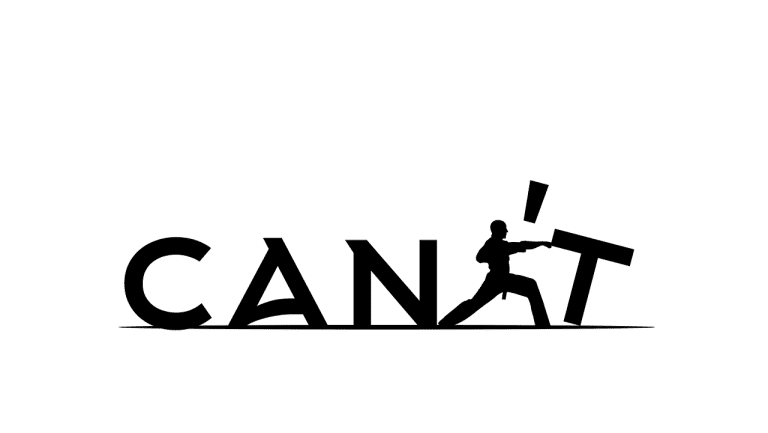It’s a new year! Are you thinking about making a change? Do you want to clear the slate and start fresh? Maybe this is the year to finally reach your goals, e.g., weight loss, less time on social media, getting more exercise or creating healthier habits.
Despite our good intentions, our goals quickly fade within a month or two of the new year. And the reason for this involves two important factors that are critical to the change process. Without these two things, making or sustaining change is unlikely.
So before you start your weight loss plan for the 3rd year in a row, consider your intrinsic motivation to change. Without personal, internal reasons to change, change usually gets derailed.
To assess your internal motivation, ask yourself why you want to change. If the reasons involve pleasing others, wanting someone to like you, getting others to stop hounding you, etc., change will not be sustained. Reasons for change must come from you and involve the following two questions:
- How important is the change? Be honest. Are you doing this because someone else thinks you should or because you feel guilty? To assess importance of a change, rate it on a scale from 1 to 10, with 1 being not important at all and 10 being the most important. If your rating is low (below a 5), you aren’t ready. Low importance means your goal is a low priority. It’s a set up for failure. For example, I asked a patient if he wanted to quit smoking. He said, “Not really, but my wife wants me too.” The more we talked, the more he told me that quitting smoking was not an important issue for him. He wasn’t ready to give up smoking with all the stress he was experiencing and rated the importance as a 3. Knowing this, pushing for change would most likely end in failure. He was doing this for his wife-not a bad thing. But, he personally did not feel this change was needed or important at this time. Consequently, he would most likely fail once stress was high.
- How confident are you that you can make a change? Now, your motivation to change is very important, but if you lack confidence to make the change, it is a set up for failure. To assess your confidence, use that same 1 to 10 scale. If your confidence number is low, change will be hard to make. Let’s use our patient example again. Patient #2 tells me giving up smoking is a 9 out of 10 on the scale of importance. He really wants to quit. But, he rated his confidence to quit a 3 out of 10. His reason for low confidence was due to all his previous failed efforts to stop smoking. He needed a plan for success because he didn’t want to fail again. And that plan included identifying the barriers and challenges to quitting.
Whatever it is that you want to change, it needs to be important and you need to feel confident to make it happen. Otherwise, you probably are not ready to move into preparation or action because there is too much ambivalence. One way to increase your readiness is to make a list of pros and cons regarding the change. The pros should outweigh the cons. And the cons need to be considered, as they relate to your confidence. In fact, the cons are real barriers to make a change. For example, you want to lose weight but work in a restaurant. People in your family snack regularly at night. Unhealthy food is cheaper to buy and you are on a budget. There are examples of cons that keep you stuck. We call them barriers and they need to be solved for change to occur.
And remember, pray and ask God for help. You have the power of the Holy Spirit in you which should boost your confidence. God in us is a powerful change agent. If change is important, don’t be discourage or give up. If confidence is your issue, enlist the power of the Holy Spirit along with a good plan to overcome the barriers of reaching your goals. Keep in mind that most people don’t make change in a straight line, meaning there will be ups and downs to achieving success. The key is to not give up. If you relapse, get back on track. Identify what got in your way of success and try again.
Yes, it is a new year and you can reach your goals! But change must be important and you must have confidence to make the change.




